Using identical source files for a Fortran .dll I can compile them with Compaq Visual Fortran 6.6C or Intel Visual Fortran 12.1.3.300 (IA-32). The problem is that the execution fails on the Intel binary, but works well with Compaq. I am compiling 32-bit on a Windows 7 64-bit system. The .dll calling driver is written in C#.
The failure message comes from the dreaded _chkstk() call when an internal subroutine is called (called from the .dll entry routine). (SO answer on chkstk())
The procedure in question is declared as (pardon the fixed file format)
SUBROUTINE SRF(den, crpm, icrpm, inose, qeff, rev,
& qqmax, lvtyp1, lvtyp2, avespd, fridry, luin,
& luout, lurtpo, ludiag, ndiag, n, nzdepth,
& unit, unito, ier)
INTEGER*4 lvtyp1, lvtyp2, luin, luout, lurtpo, ludiag, ndiag, n,
& ncp, inose, icrpm, ier, nzdepth
REAL*8 den, crpm, qeff, rev, qqmax, avespd, fridry
CHARACTER*2 unit, unito
and called like this:
CALL SRF(den, crpm(i), i, inose, qeff(i), rev(i),
& qqmax(i), lvtyp1, lvtyp2, avespd, fridry,
& luin, luout, lurtpo, ludiag, ndiag, n, nzdepth,
& unit, unito, ier)
with similar variable specifications except for crpm, qeff, rev and qqmax are arrays of which only the i-th elements is used for each SRF() call.
I understand possible stack issues if the arguments are more than 8kb in size, but in this case we have 7 x real(64) + 11 x int(32) + 2 x 2 x char(8) = 832 bits only in passed arguments.
I have worked really hard to move arguments (especially arrays) into a module, but I keep getting the same error
 .
.
The dissasembly from the Intel .dll is

The dissasembly from the Compaq .dll is

Can anyone offer any suggestions on what is causing the SO, or how to debug it?
PS. I have increased the reserved stack space to hundreds of Mb and the problem persists. I have tried skipping the chkstk() call in the dissasembler but in crashes the program. The stack check starts from address 0x354000 and iterates down to 0x2D2000 where it crashes accessing a guard page. The stack bottom address is 0x282000.